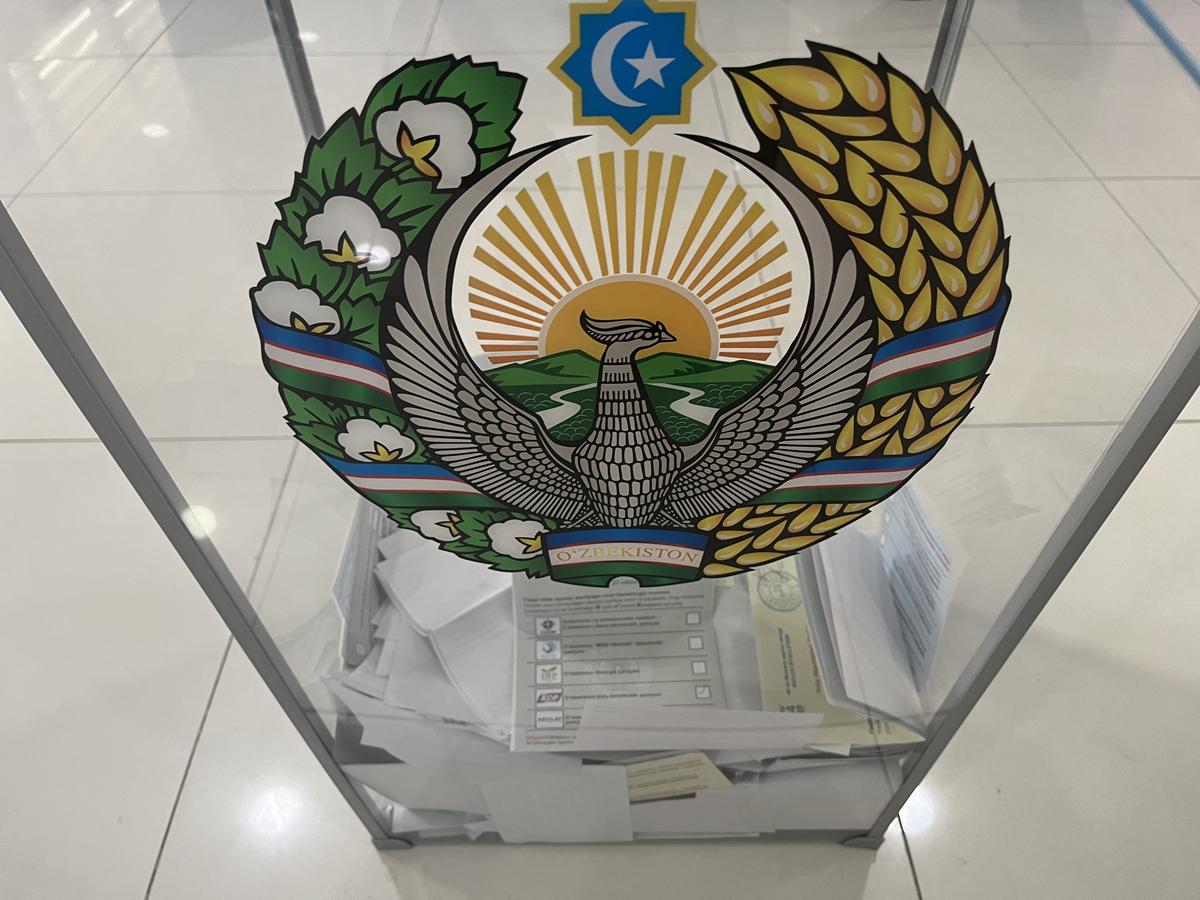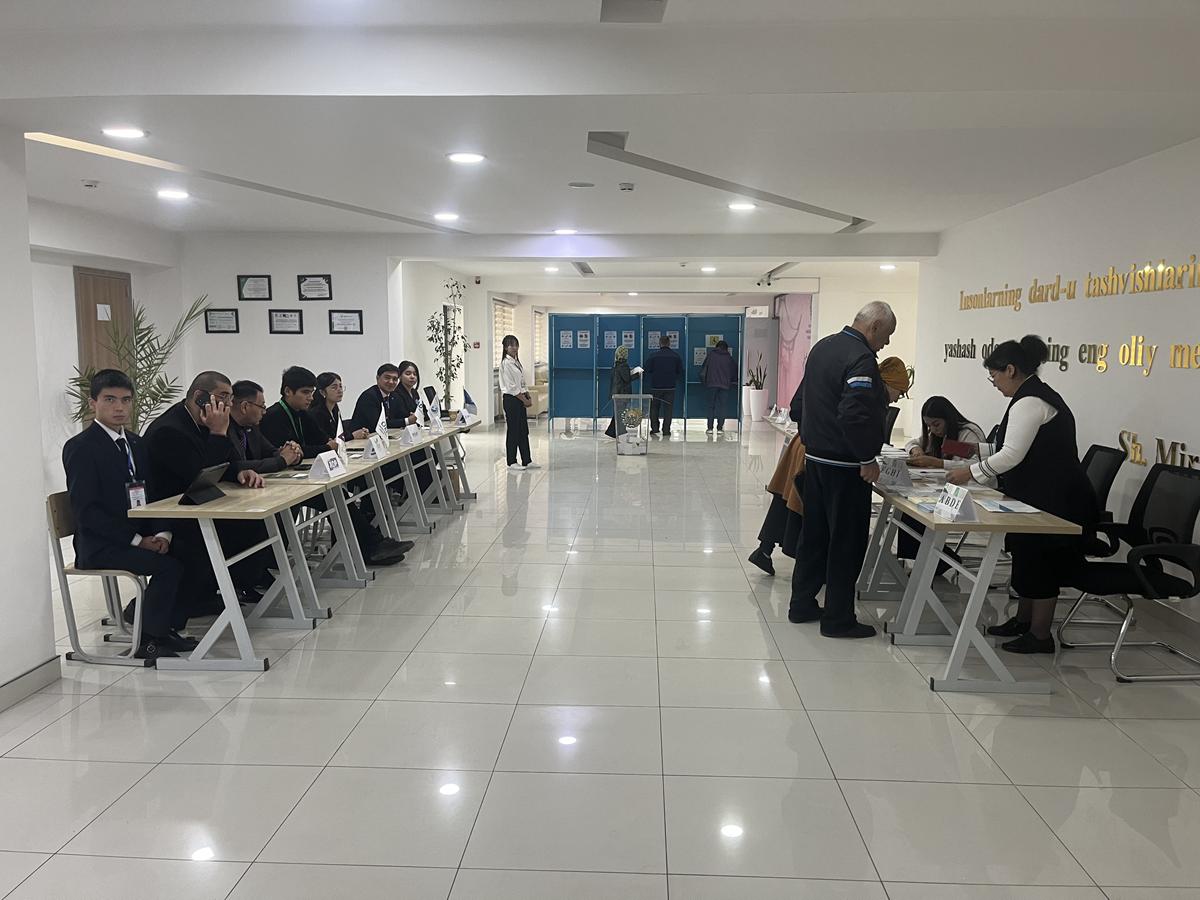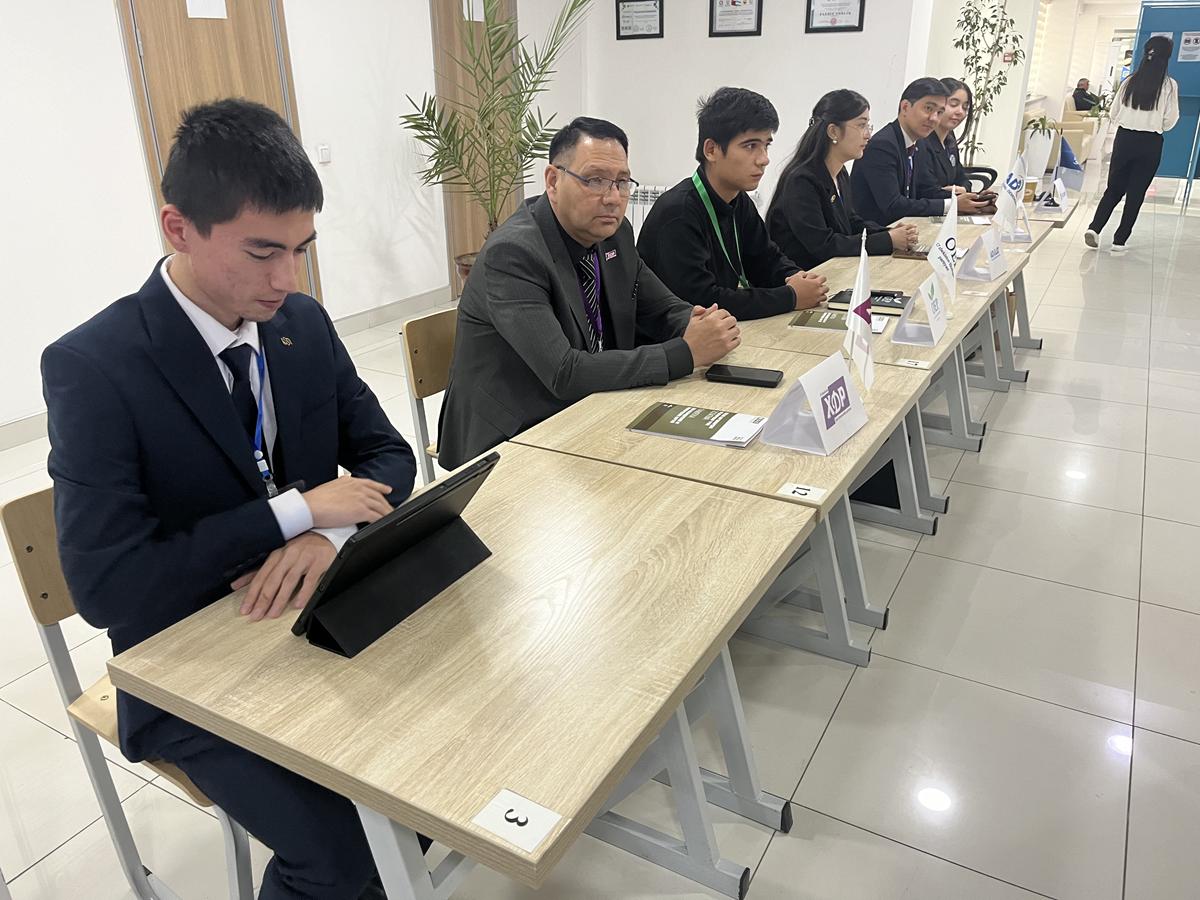Uzbekistan holds historic parliamentary elections – preliminary results

The head of Uzbekistan’s election authority said on Monday that the country’s ruling party led Sunday’s parliamentary elections, in which voters elected members of the lower house of parliament.
Zayniddin Nizamkhodzhayev, head of the country’s Central Election Commission, told a briefing that more than 15 million voters out of nearly 20 million cast their ballots in Sunday’s parliamentary elections, with a turnout of 74.72%.
As of 8 a.m. local time on Sunday, 11,028 polling stations had opened nationwide. Voting ended later at 8 p.m. local time.
He also said that 140,388 voters cast their ballots at 57 polling stations set up at 40 Uzbek diplomatic and consular missions abroad, including in Budapest, Hungary.
Following last year’s new constitution, the voting process was the first time a mixed electoral system was successfully used in the country’s history.
Moreover, for the first time in Uzbekistan’s history, five political parties have nominated 100 percent of candidates for deputies at all levels,” he said.
Nizamkhodzhayev said more than 850 foreign and international observers monitored the election. Alpár Kató, editor-in-chief of the Daily News Hungary, was present as a delegate of the Hungarian press.
“For the first time in the history of our country, electronic voting was introduced on an experimental basis in some polling stations in Tashkent on election day,” Nizamkhodzhayev added.
To show the purity of the election, a web camera system showed polling stations online so that an Uzbek polling station could be viewed from anywhere in the world.

Detailed results – Election in Uzbekistan 2024
The mixed electoral system is based on 75 lists and 75 regional deputies in the legislature.
According to preliminary data, the following results were achieved in the election of deputies to the Legislative Chamber of the Oliy Majlis in the nationwide constituencies:
- The Movement of Entrepreneurs and Businesspeople – Liberal Democratic Party of Uzbekistan received 5,194,041 votes or 34.75 percent and won 26 seats in parliament through the distribution;
- the “Milliy Tiklanish” (“National Revival”) Democratic Party of Uzbekistan received 2,812,493 votes or 18.82 percent and won 14 seats in parliament through the distribution;
- the Ecological Party of Uzbekistan received 1,960,764 votes or 13.12 percent and won 10 parliamentary seats through the distribution;
- the People’s Democratic Party of Uzbekistan received 2,558,016 votes or 17.11 percent and 13 parliamentary seats after the distribution;
- the “Adolat” (“Justice”) Social Democratic Party received 2,420,857 votes or 16.20 percent and 12 parliamentary seats after the distribution.

The candidate who receives the most votes compared to the other candidates from the voters who took part in the voting in the single-mandate constituencies is deemed to be elected. The party affiliation of the 75 deputies elected to the Legislative Chamber in single-mandate constituencies is as follows:
- The Movement of Entrepreneurs and Businesspeople – Liberal Democratic Party of Uzbekistan – 38 deputies,
- 15 deputies from the “Milliy Tiklanish” (“National Revival”) Democratic Party of Uzbekistan,
- 6 deputies from the Ecological Party of Uzbekistan,
- 7 deputies from the People’s Democratic Party of Uzbekistan.
- 9 deputies from the “Adolat” (“Justice”) Social Democratic Party.
Total number of expected seats in Parliament
Preliminary results of the elections show that the ruling Liberal Democratic Party led by President Shavkat Mirziyoyev won 42.6%, 64 out of 150 seats in the country’s lower house of parliament, the legislative chamber.
The National Revival Democratic Party followed the country’s ruling party after winning 29 parliamentary seats (19.3%).
The reforms of the New Uzbekistan seem to be paying off, and with an exemplary election, the Central Asian country has shown how to organise a renewed election. You can read here more details about political reforms and parliamentary elections.
read also: The state and civil society in New Uzbekistan are consolidating efforts to combat corruption



